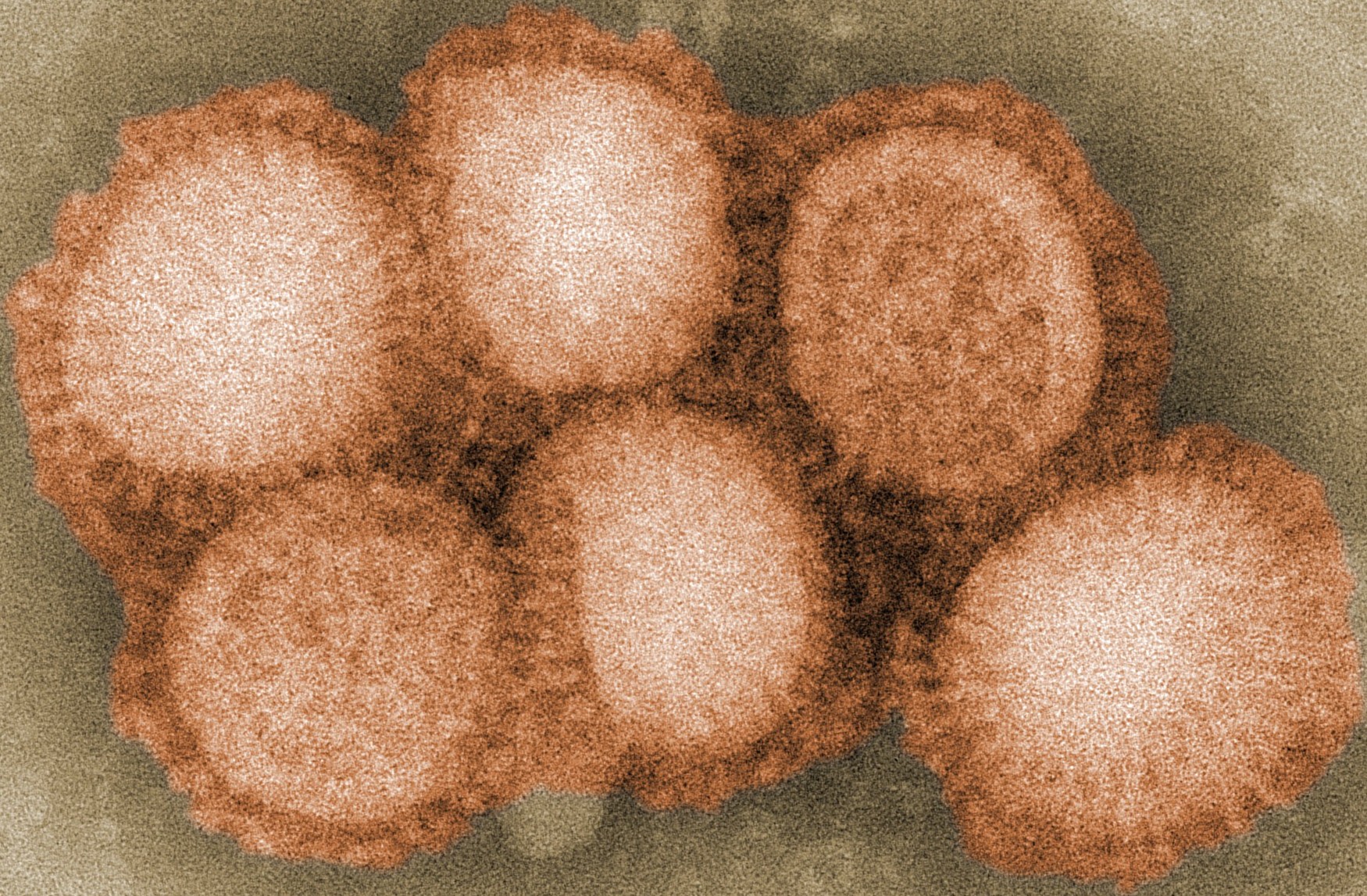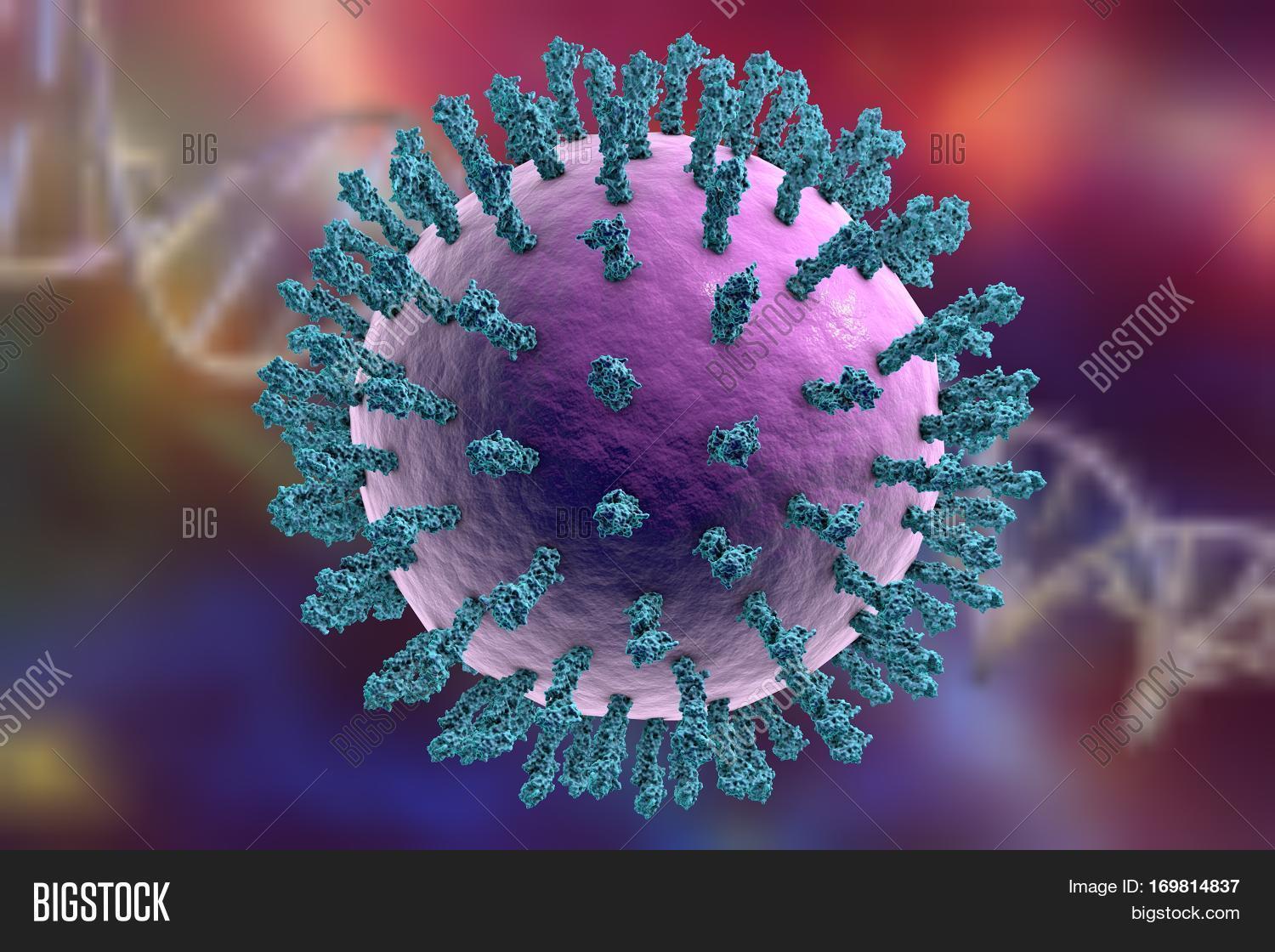In this blog, I will discuss fucoidan and influenza.
Influenza is commonly known as the flu. It is an infection caused by the influenza virus. Influenza viruses include A, B, and C types. The types A and B epidemics in humans. In addition to humans, type A infects mammals such as pigs, horses, and birds. On the other hand, only humans are confirmed to be influenced by a B type epidemic. Influenza activity often begins to increase in October. However, but seasonal influenza viruses are detected throughout the year in the United States.

So, what is the difference between influenza and cold? In general, a cold or common cold is a disease caused by various viruses; the most common one is the rhinovirus. Symptoms include sore throat, nasal discharge, sneezing, and coughing, and strong systemic symptoms are rare. Unlike influenza or flu, when you suffer from the common cold, fever, or the body temperature does not become as high. However, during influenza, body temperature can rise from mild to severe.
Also, influenza is a disease caused by infection with the influenza virus. Symptoms include sore throats such as ordinary colds, nasal discharge, and cough. The person who suffers from flu also has a high fever of 100.4 degrees and higher, along with headache, joint/muscular pain, general dullness, etc. which increases rapidly. Sometimes all the symptoms appear at the same time. Besides, children may be severely ill with acute encephalopathy. Older people can get pneumonia, and even people with weak immunity can be exposed to it.
Hence, I recommend taking fucoidan to prevent influenza or flu, especially when it is the season. If you are exposed to the influenza virus or catch the flu, taking fucoidan can stop it from getting worse.
According to the study by Wei Wang et al., a fucoidan derived from brown algae effectively blocked IAV (influenza A virus) infection in vitro with low toxicity. Fucoidan had a broader anti-IAV spectrum and a lower tendency to induce viral resistance than the anti-IAV drug amantadine. Fucoidan can deactivate virus particles before infection and blocked several stages after absorption.

The reason I recommend taking fucoidan is that it has no toxicity. Fucoidan contains natural ingredients that are extracted from brown algae. You might also avoid the influenza vaccine if you are taking fucoidan regularly.
Because, influenza vaccine is a vaccine with few side effects, but the most frequent influenza vaccine’s side effects are redness, swelling and pain at the side of inoculation, and fever, headache, feeling of chills, diarrhea, and fatigue. It also might have symptoms of allergic reactions to the vaccine, such as urticaria and itching. Urticarial usually subsides in a few hours, and almost all other symptoms disappear in a few days. However, there are also reports of temporary disturbance of consciousness, palpitations, convulsions, and muscular weakness. If you have any physical conditions like the symptoms mentioned above after the flu shot, please see a doctor.

